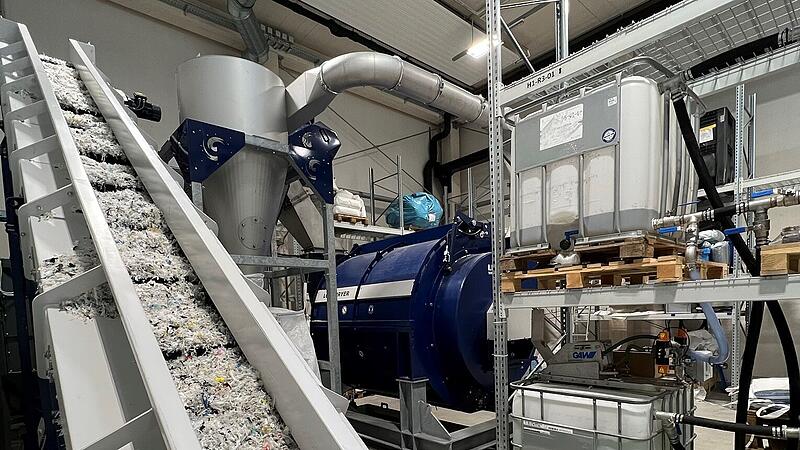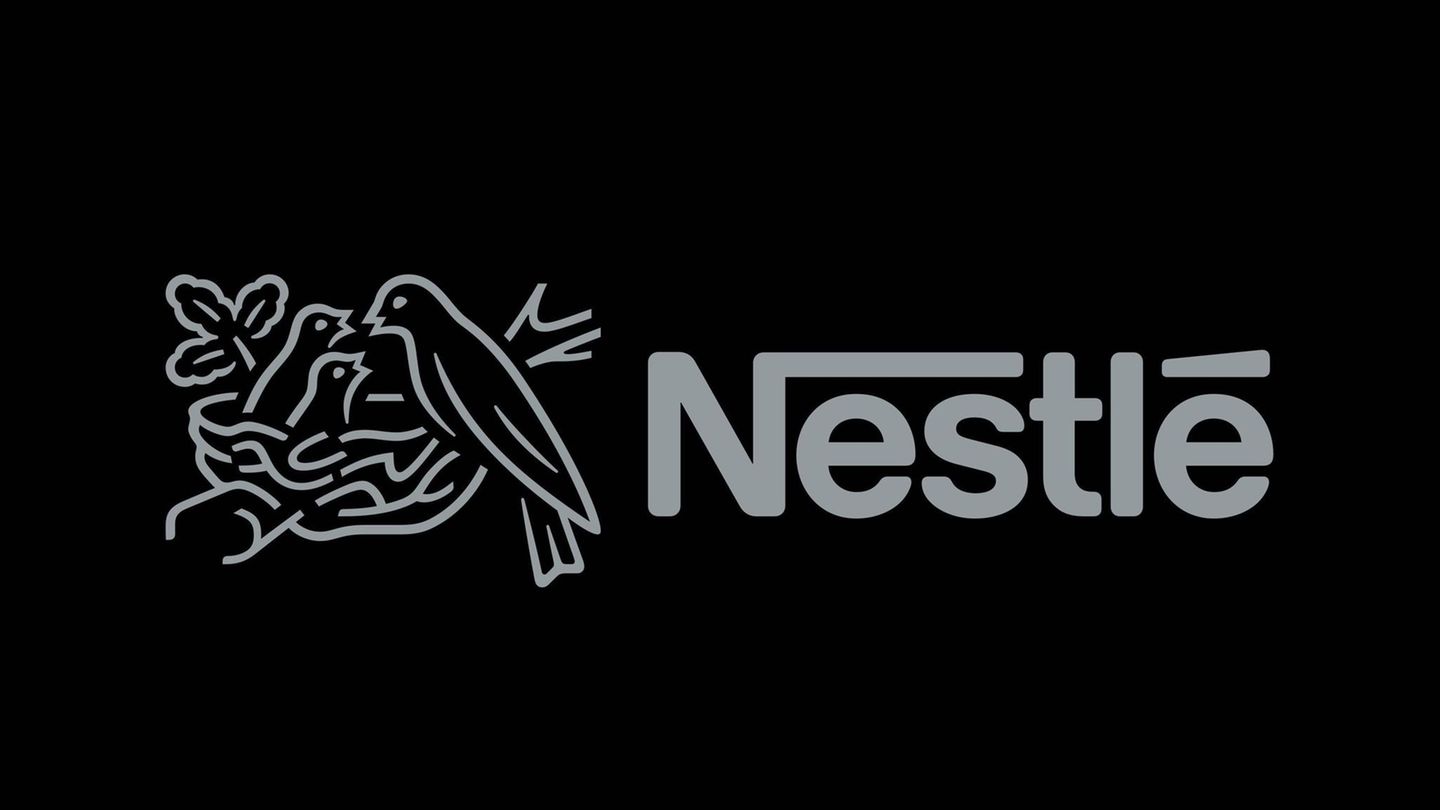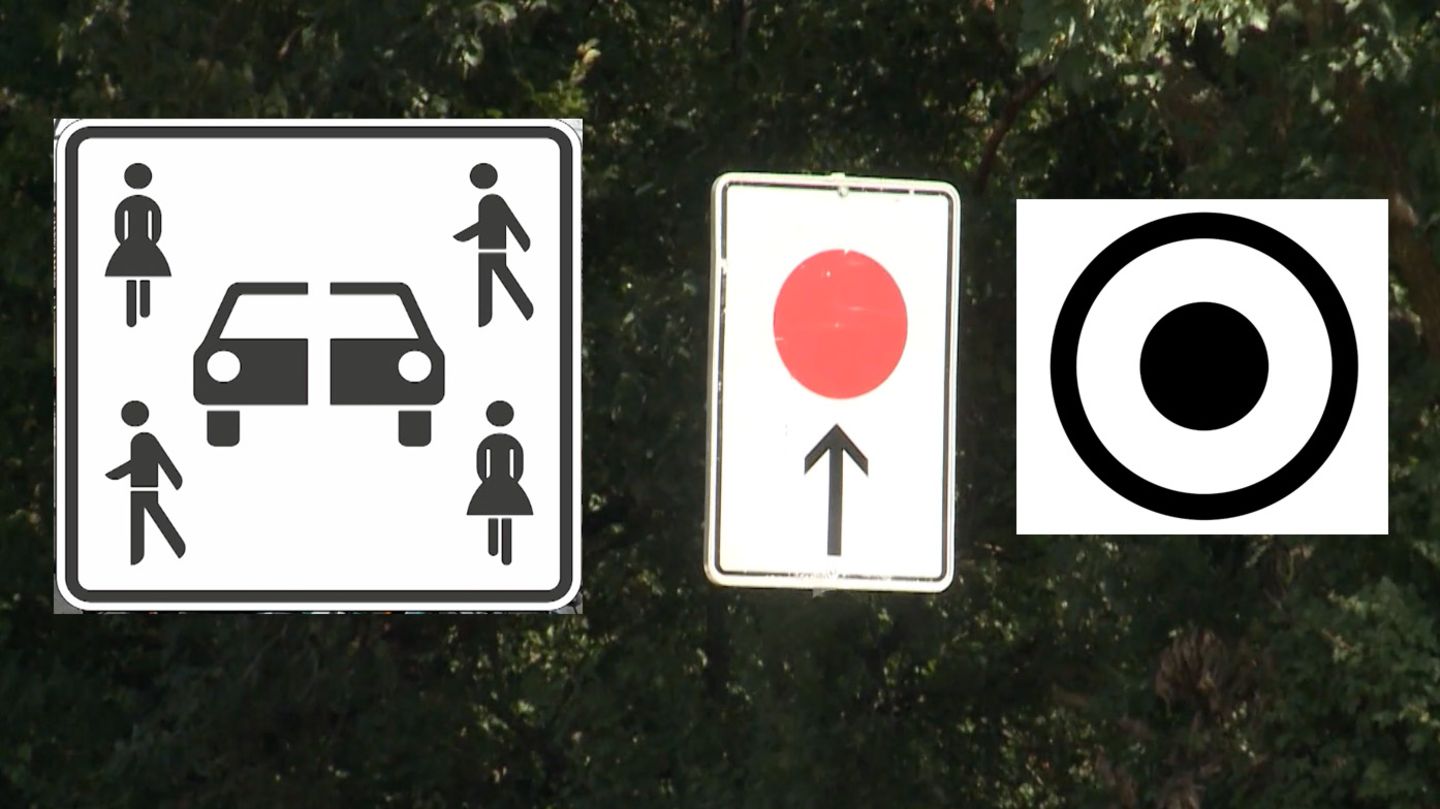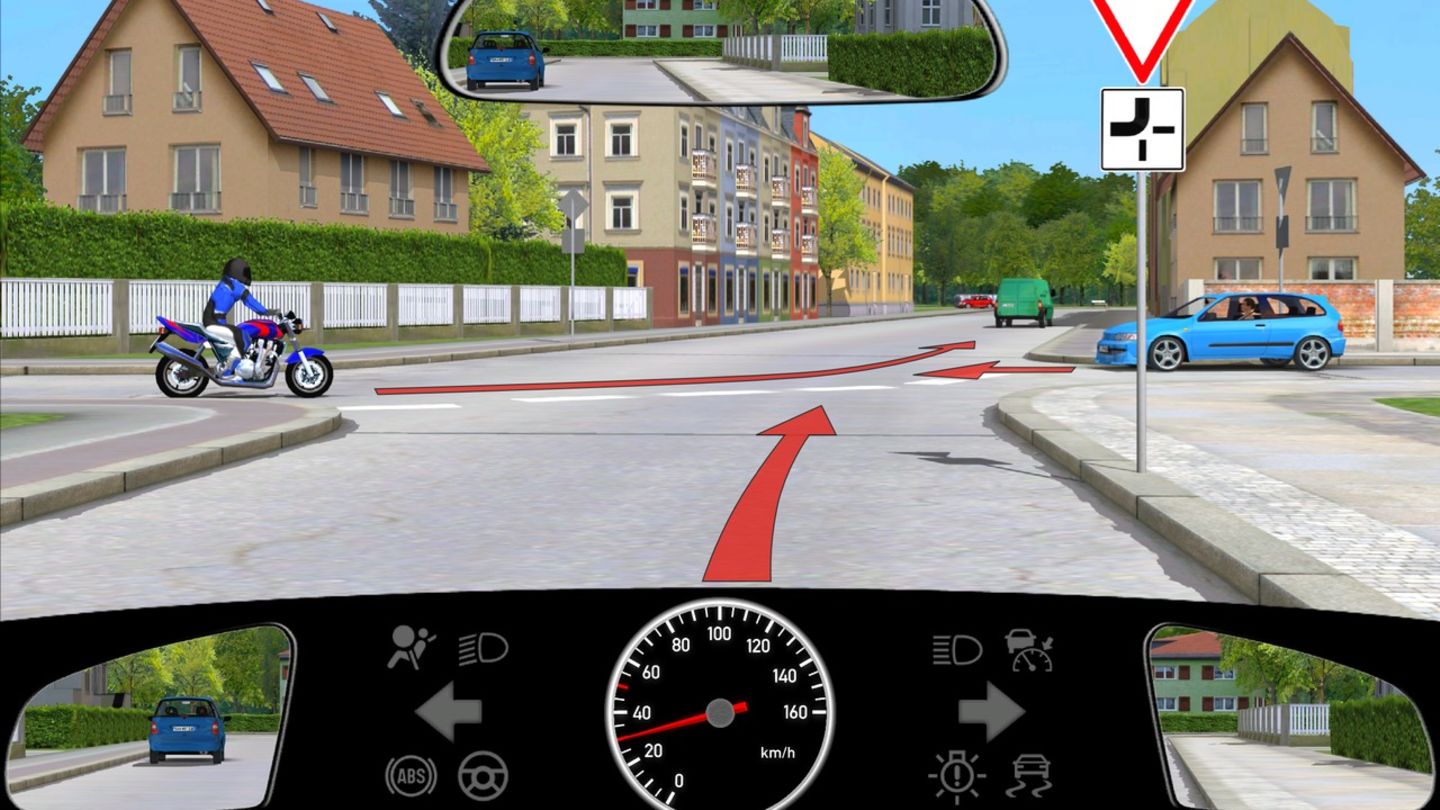Image: Thomas Kranzl/JKU
According to EU regulations, Austria must increase its recycling rate for plastic packaging from the current 25 to 50 percent by 2025. Measures such as deposits for plastic bottles and cans should pave the way for this. This also presents the packaging and waste management with new challenges: They have to increase their capacities in order to process the material and use it to produce products that are needed on the market.
“It’s easy to make a flower pot out of recycled plastic. The material requirements for a reusable plastic container, for example, are significantly higher”says Jörg Fischer, deputy head of the Institute for Polymeric Materials and Testing at the JKU: “If we want to produce useful products from recycled plastic, the process must reliably deliver high-quality material for further processing.”
He leads the research project together with his predecessor Reinhold Lang “circPLAST-mr”. Fischer and his team are working with 25 partners – 14 companies and eleven scientific institutions – to make recycling more efficient. One of the project partners now provided one for this purpose “Friction scrubber” available for the JKU LIT Factory in the Open Innovation Center.
In practice, the device is used to clean the recycling material and thus prepare it for further processing. This means that the team can now handle the entire recycling process from sorting to recycling on site at the JKU and collect data about it.
Numerous adjusting screws
Recycling plants already process thousands of tons of plastic waste every year. “It makes a big difference in the cleaning process whether I can wash the material hot or cold”says project manager Fischer. For example, the team is experimenting with waste from various sources “input currents”, i.e. sources – from the yellow bag, residual waste or even industrial packaging. The season also has an impact: “For example, in winter there are more tea bags.” The team also tries out different levels of sorting – Fischer and his team, from bachelor students to doctoral students, get their hands dirty themselves.
The researchers then monitor how well the plastic waste is cleaned at different temperatures or with the addition of cleaning agents. “Even small changes affect how much energy or water is used”explains Fischer.
Recycling plants are already highly efficient; due to water treatment, only three to ten percent of fresh water needs to be supplied annually. “But due to the scale at which the recycling process takes place, every bit of energy counts”says Fischer.
Minor aspect of microplastics
A secondary aspect of the research project concerns microplastics: the microscopic plastic particles are suspected of causing various health problems if they enter the human body. “So far, however, it has been shown that they are only produced in very small quantities during cleaning. However, if microplastics occur more frequently in certain configurations, we will adapt the process”says Fischer. That’s what fascinates him about his field of research, says the scientist: “We are working on solutions that specifically contribute to changing the future.”
New course “Sustainable Plastics Technology”
The new bachelor’s program “Sustainable Plastics Technology and Circular Economy” has been available at the JKU since this winter semester. The students learn how plastics can be manufactured and processed in such a way that they simultaneously meet all quality requirements and can be recycled as completely as possible in a circular economy. They also learn the basics of mathematics and science so that they can get involved in a variety of ways in the job market.
In addition to the new bachelor’s degree, two master’s degree programs are currently being developed, which will start in autumn 2024: “Plastics Management and Sustainability” primarily deals with waste management topics, “Polymer Engineering and Science” focuses primarily on product development.
My themes
For your saved topics were
new articles found.

info By clicking on the icon you can add the keyword to your topics.
info
Click on the icon to open yours “my themes” Page. They have of 15 keywords saved and would have to remove keywords.
info By clicking on the icon you can remove the keyword from your topics.
Add the topic to your topics.
Source: Nachrichten




